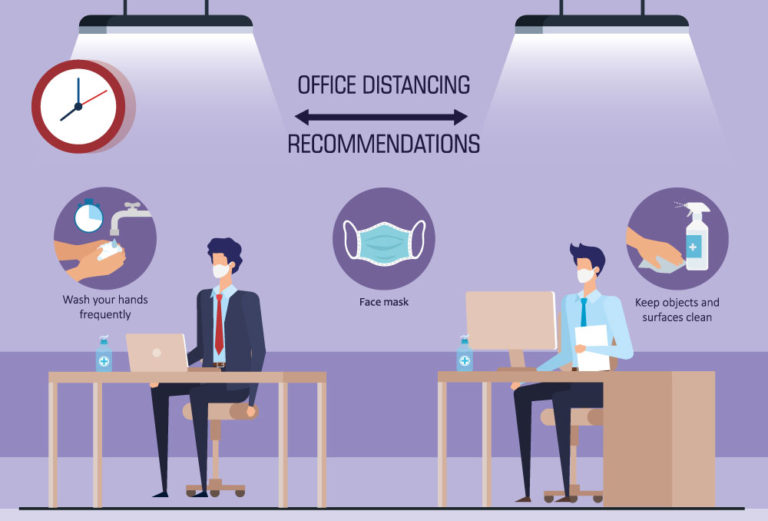Navigating Turbulent Waters: Crisis Management & Business Continuity After a Major Flood
When floodwaters rise, so do the stakes for businesses. For corporate crisis managers, a major flood is more than a natural disaster—it’s a real-time stress test of operational resilience and strategic clarity. This blog unpacks how to respond, recover, and reinforce continuity in the wake of flooding events. Phase 1: Immediate Response – Activate Crisis…





